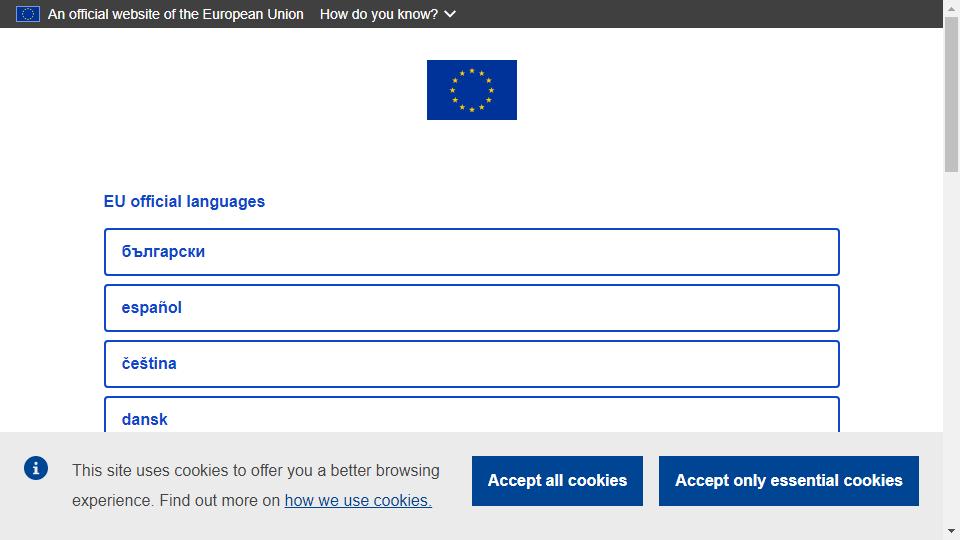

European Union (European The European Union (EU) is an alliance of political and economic entities in Europe with 27 member states, established by the Maastricht Treaty (also known as the Treaty of the European Union), which came into force in 1993, and has an important influence on regional integration in the world.
The European Union has been in existence since then and is now headquartered in Brussels, Belgium. Brussels, the capital, has 27 member states, including France, Germany, the Netherlands, Italy, etc., and 24 official languages. The purpose of the EU is to promote the balanced economic and social development of its member states by establishing a space without internal borders, strengthening coordinated economic and social development and establishing an economic and monetary union that ultimately implements a unified currency, and to promote the personality of the Union on the international stage by implementing a common foreign and security policy". The establishment of the European Union is conducive to the stability of Europe, promote the economic development of the member states, facilitate the process of European integration, but also greatly improve the international status of Europe, and the new changes in the world landscape has had an important impact.
The history of the EU can be traced back to the establishment of the European Coal and Steel Community in 1952, when there were only six member states. 1958 and the establishment of the European Economic Community and the European Atomic Energy Community, unified under the European Communities in 1967, and in 1993 under the European Union. The European Union has gradually transformed from a trade entity into an economic and political union. At the same time, the European Economic Community and later the European Union expanded eight times between 1973 and 2013, increasing the number of member states from six to 28. The initial motivation for the creation of the EU was the desire to rebuild Europe after the devastating losses of World War II and the fear that Europe would fall back into the quagmire of war.
The main institutions of the EU are the European Council (composed of the heads of member states), the Council of the EU (the upper house of the EU composed of the ministers of member states), the European Commission (the executive body of the EU), the European Parliament (the House of Representatives of the EU), the European Court of Justice, the European Central Bank, and so on. In addition, the European Atomic Energy Community (Euratom) is also within the jurisdiction of the European Community, but is legally an international organization independent of the EU.
The euro is the official currency of the EU and has been adopted as the currency of circulation by 19 of the 28 member states; the Schengen Treaty abolished border controls between some member states and has now been implemented by 22 EU member states and 3 non-member states. Currently the main issues in the EU is the expansion of the EU, the implementation of the Lisbon Treaty, global warming issues, non-eurozone member states to join the eurozone, sovereign debt crisis.
Britain's exit from the European Union is the policy proposition and goal of some British groups and political parties, demanding and promoting Britain's withdrawal from the European Union, and its supporters span a broad political spectrum. The result of the June 23, 2016 referendum is that the United Kingdom will leave the European Union.

Links : poudr.xyz
This site is free of charge to add web sites. If you are interested, you are welcome to contribute! Contact Email:[email protected] ‖ Contact
Copyright © 2018-2025 en.sitegaga.com All Rights Reserved.